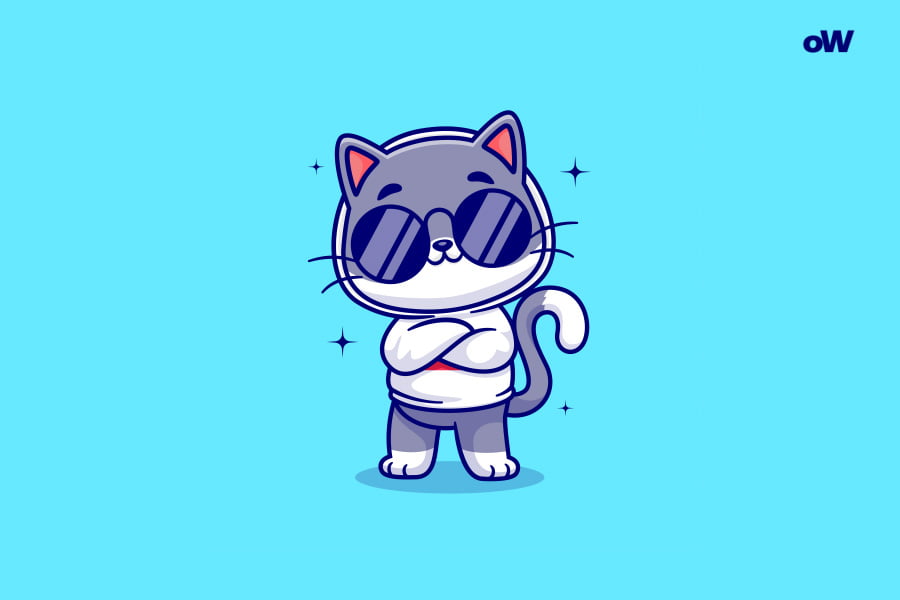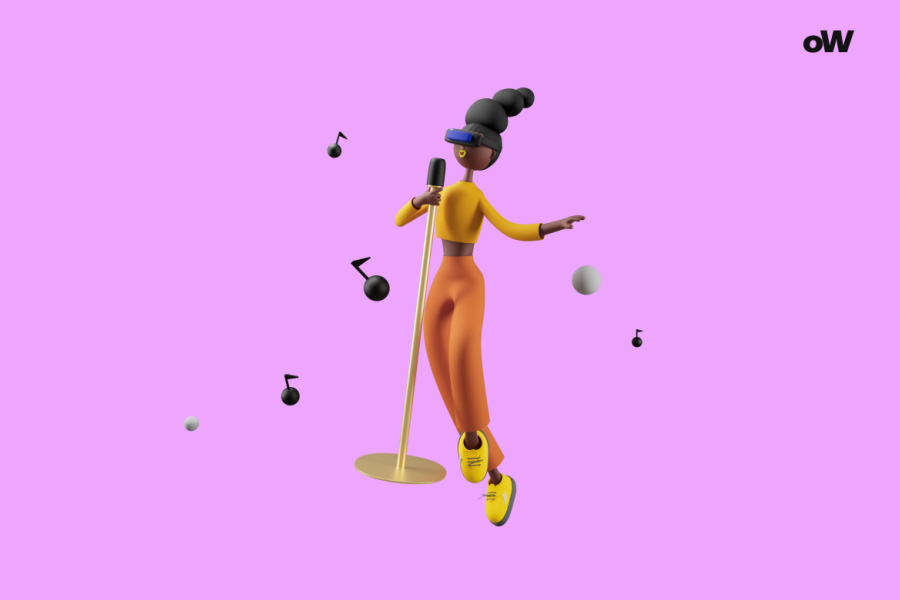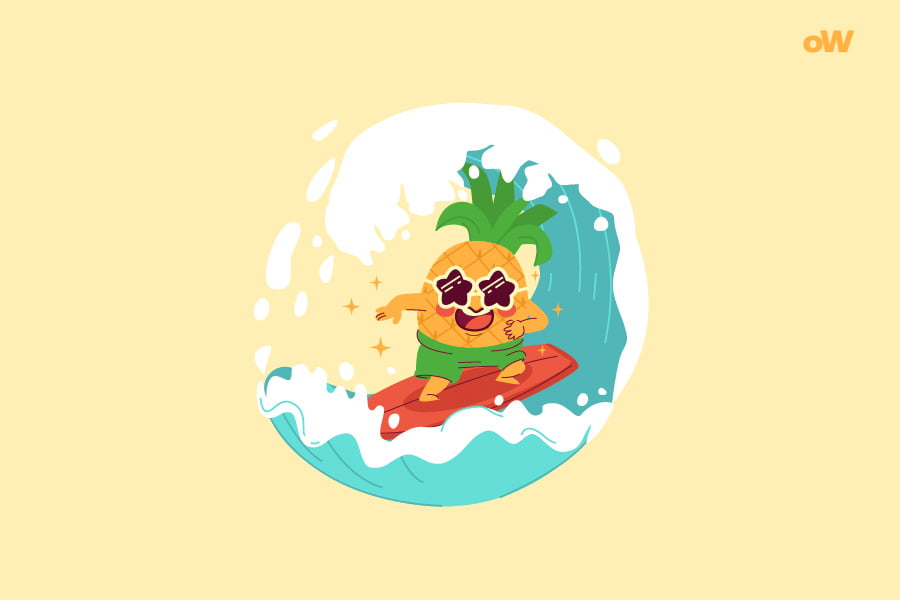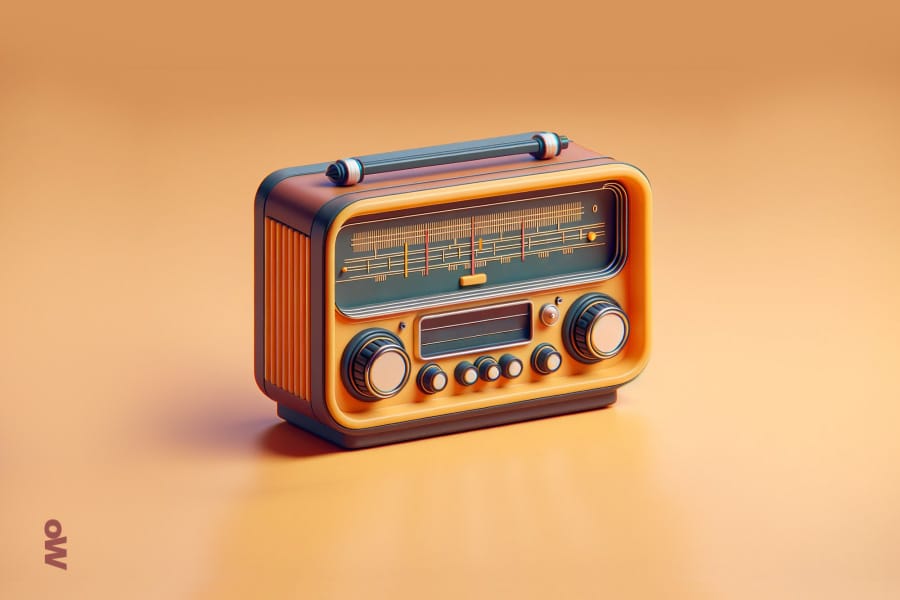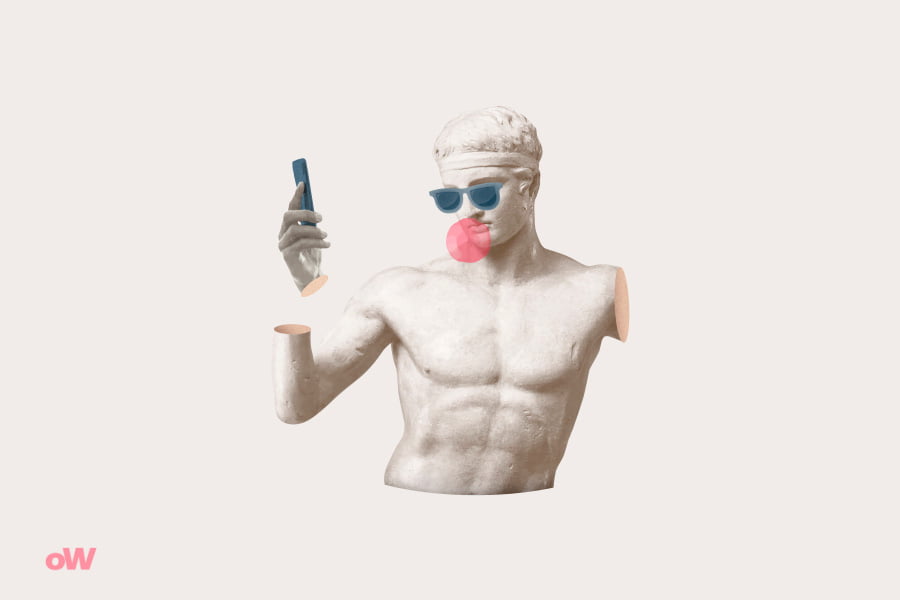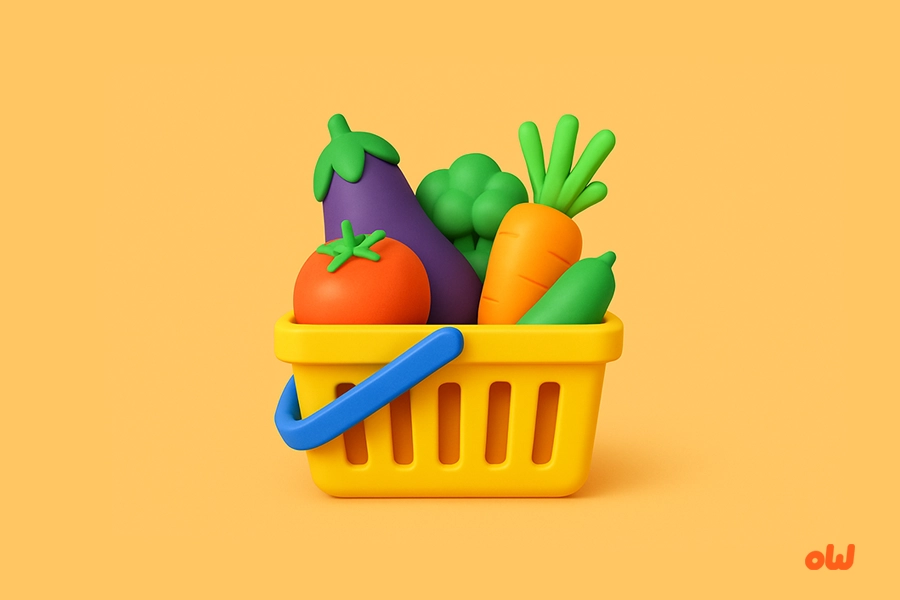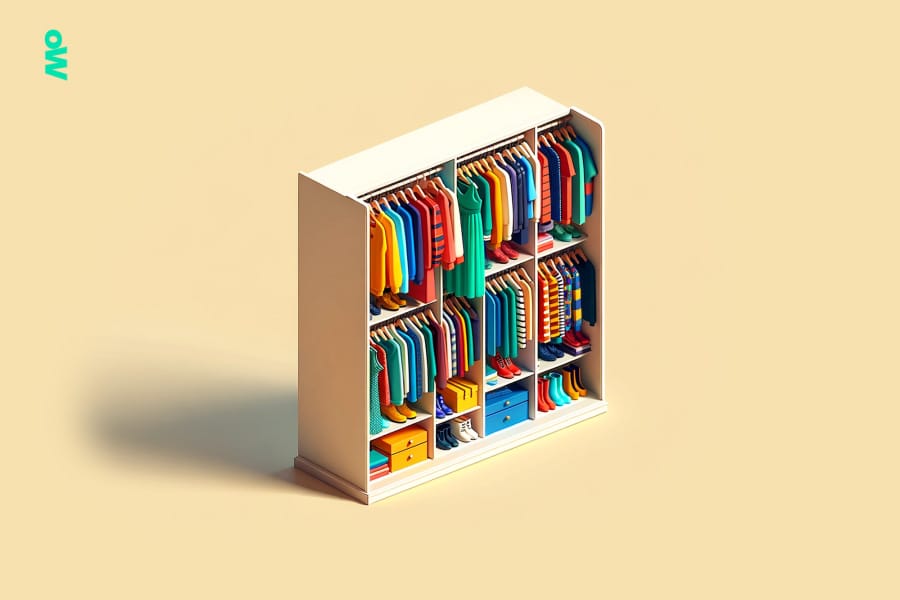Quiz: What Type of Reader Are You?
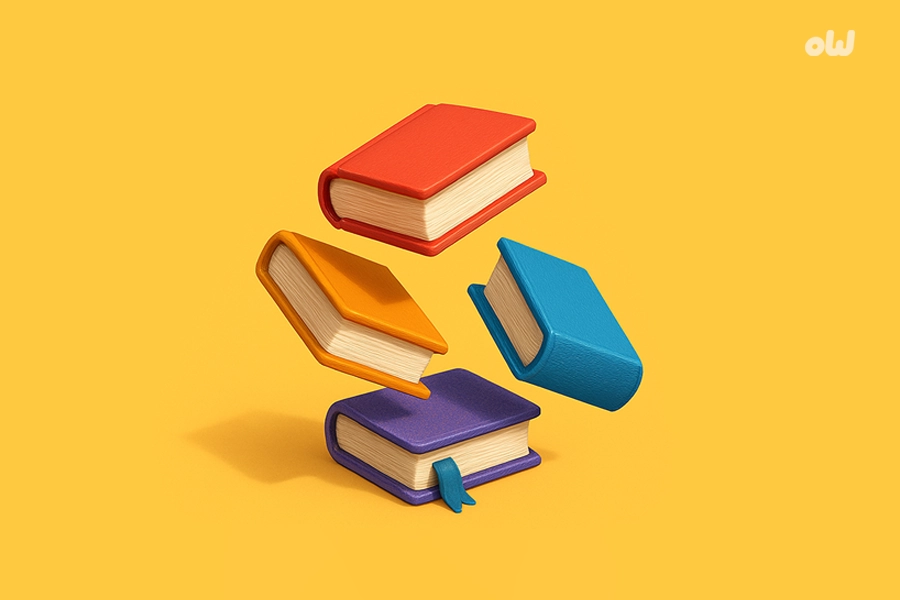
In a world where information surrounds us everywhere, the way we absorb texts reveals more about us than we think. Imagine: one person immerses themselves in a novel for hours, completely losing track of time; another browses dozens of articles over morning coffee; a third methodically studies specialized literature with a pencil in hand. They are all readers, but so different! Our quiz “What Type of Reader Are You?” will help you discover a new facet of self-knowledge and, perhaps, change your approach to the world of texts and information.
Who Is a “Reader” in the Modern World?
Just twenty years ago, the definition of a reader was quite straightforward – a person with a book in hand. Today, the concept of “reader” has undergone a radical transformation. A modern reader may never open paper books but consume gigabytes of textual information daily through device screens.
A reader now can be someone who spends hours on social media daily, a professional studying specialized articles, a teenager immersed in the world of fanfiction, an elderly person with an e-reader, or a businessman listening to audiobooks on the way to work.
According to research, the average person today reads and processes 5 times more information than in 1986, but the nature of this reading has changed radically. We have begun to read more, but differently – fragmentarily, selectively, jumping between sources.
How Has Reading Culture Changed in the 21st Century?
The digital revolution has brought not only new reading devices but new reading habits as well. The concept of “continuous partial attention” has emerged – a state where we constantly scan the information field for important signals without fully immersing ourselves in any single text.
Traditional linear reading from beginning to end is giving way to hypertextual reading – with transitions via links, parallel opening of multiple sources, constant switching between texts. Studies show that the average duration of concentration on a single text has decreased from 12 minutes in the early 2000s to 40 seconds today.
At the same time, new hybrid reading formats have emerged: text is supplemented with video, infographics, and interactive elements. Audiobooks are experiencing a true renaissance, allowing people to “read” while engaged in activities that don’t require intellectual concentration.
Interestingly, despite pessimistic forecasts, the paper book hasn’t disappeared – it has gained new value as a means of “digital detox” and deep, thoughtful reading.
What Is This Quiz About?
Our quiz “What Type of Reader Are You?” is a self-knowledge tool based on modern research on cognitive styles, information behavior, and reading practices.
The quiz includes a series of questions about your preferences in literature selection, reading habits, ways of interacting with text, and emotional reactions to what you’ve read. Based on your answers, the algorithm will determine your dominant reader type and prepare personalized recommendations for developing your reading skills.
The distinctive feature of our quiz is that it takes into account the multimodality of modern reading – interaction with texts of various formats, from classic books to social media and professional documentation.
Reader Types Presented in the Quiz
Our typology is based on an analysis not only of what you read but how you do it. Here are the main reader types you might receive in the quiz results:
Aesthetic Traditionalist
This type values the tactile experience of interacting with a book – the smell of paper, the rustle of pages, the weight of a volume in hand. For the aesthetic traditionalist, reading is a ritual requiring a special atmosphere and time. They prefer classical literature, pay attention to style and language, and often reread favorite works. Such a reader may experience resistance to digital formats, seeing them as a simplification of the reading experience.
Information Navigator
This type skillfully maneuvers through the ocean of information, quickly finding necessary facts and ideas. The information navigator reads a lot but selectively, masterfully filtering content. They effectively use skimming and scanning methods and can highlight the main points in voluminous texts. Such a reader usually prefers digital formats for the possibility of quick search and multitasking but may experience difficulties with long-term concentration on a single source.
Empathetic Immersive
For this type, reading is primarily an emotional experience and a way to explore other worlds. The empathetic immersive deeply empathizes with characters, literally “lives through” the book. They prefer fiction, especially psychological novels and fantasy with well-developed worlds. Such a reader can become so engrossed that they lose track of time, and after finishing a book, experience a “book hangover” – difficulty transitioning back to reality.
Analytical Researcher
This type approaches reading as an intellectual challenge. The analytical researcher seeks not only to understand the text but to critically comprehend it, identify cause-and-effect relationships, and verify argumentation. They prefer popular science literature, biographies, and historical research. Such a reader often takes notes while reading, compares different sources on the same topic, and loves to discuss what they’ve read.
Pragmatic Utilitarian
For this type, reading is a tool for solving specific tasks. The pragmatic utilitarian reads purposefully, seeking answers to questions or developing certain skills. They prefer business literature, manuals, and practical guides. Such a reader evaluates books by the criterion of usefulness and applicability of the knowledge gained and may not finish texts if they find no practical value in them.
Social Communicator
This type perceives reading as part of social interaction. The social communicator loves to discuss what they’ve read, participates in reading clubs, and actively shares impressions on social networks. They often choose books based on recommendations or follow literary trends. Such a reader enjoys not only the reading process itself but also the subsequent exchange of opinions and may read “for company” even literature that isn’t particularly interesting to them.
Why Is It Important to Know Your Reader Type?
Understanding your reader type opens new opportunities for personal and professional growth. First, it helps you make conscious choices in literature selection, focusing not only on the subject matter but also on the method of information presentation that corresponds to your cognitive style.
Second, knowing your reading habits allows you to optimize the process of information assimilation. For example, if you’re an information navigator suffering from attention deficit when reading voluminous texts, you can develop a strategy combining brief sessions of concentrated reading with periods of information processing.
Third, awareness of your dominant type gives you the opportunity to purposefully develop missing skills. Thus, an empathetic immersive can train analytical thinking, while a pragmatic utilitarian can learn to derive aesthetic pleasure from fiction.
Finally, in a professional context, understanding your reader type helps you deal more effectively with information overload and choose optimal formats for professional development and learning.
Take our quiz to discover your reader type and open new horizons in the world of texts and ideas!
Questions Overview
- The latest bestseller you've been meaning to start
- A dog-eared classic you've read multiple times
- Your e-reader loaded with several books in progress
- A graphic novel or illustrated work
- Post a detailed review online with your analysis
- Text friends to recommend it right away
- Look up the author's other works to add to your list
- Sit quietly, processing the ending and visualizing scenes
- Organized by color or aesthetic appeal
- Carefully curated with award winners and classics
- Overflowing with multiple genres and recent releases
- A mix of physical books, e-books, and audiobooks
- Based on what's generating buzz in the reading community
- Following thematic threads from previous books
- Whatever catches your eye while browsing covers
- You usually have several options lined up in different formats
- Something with an intriguing cover design
- A challenging work that will expand your literary horizons
- The book everyone's talking about right now
- A practical option that's available in multiple formats
- You read the last page first sometimes to see where things are heading
- You research historical contexts or author biographies while reading
- You often recommend books before you've finished them
- You visualize casting choices for characters as if the book were a film
- When adaptations change key visual elements you imagined differently
- When popular books don't live up to their hype
- When you spot literary references you don't understand
- When you can't easily switch between formats to continue the story
- Discuss the deeper themes and symbolism in recent reads
- Share what's on your current reading rotation across platforms
- Mention the stunning illustrations or design elements of books you love
- Talk about an emerging author everyone should know about
- I follow all the casting news and production updates
- I analyze how well they captured the book's essence and themes
- I enjoy comparing my mental images to the director's vision
- I like experiencing stories across different media simultaneously
- Read multiple analyses and interpretations alongside the text
- Break it into sections and alternate with easier reads
- Look for illustrated or annotated editions that enhance understanding
- Join a reading group tackling it together
- The visual descriptions and how you imagined settings
- How the book connected to other works or literary movements
- The cultural moment when you read it and who else was reading it
- Which parts you read physically versus listened to as audio
- Whatever everyone's reading at beach destinations this year
- A mix of formats - physical books, e-reader, and audiobooks
- Books related to your destination's history or culture
- Visually rich travel guides or illustrated novels that match your surroundings
- I create color-coded systems for notes and observations
- I note connections to other texts and historical contexts
- I highlight passages to share on social media
- I use different annotation methods depending on format
- Revisit a book with memorable imagery that inspires you
- Turn to a different format like audiobooks or graphic novels
- Read essays about reading or literary criticism
- Check bestseller lists for something fresh and engaging
- Excellent lighting and artistic elements that inspire creativity
- Multiple reading stations for different formats and moods
- Floor-to-ceiling bookshelves organized by literary period
- A carefully curated collection of new releases and trending titles
